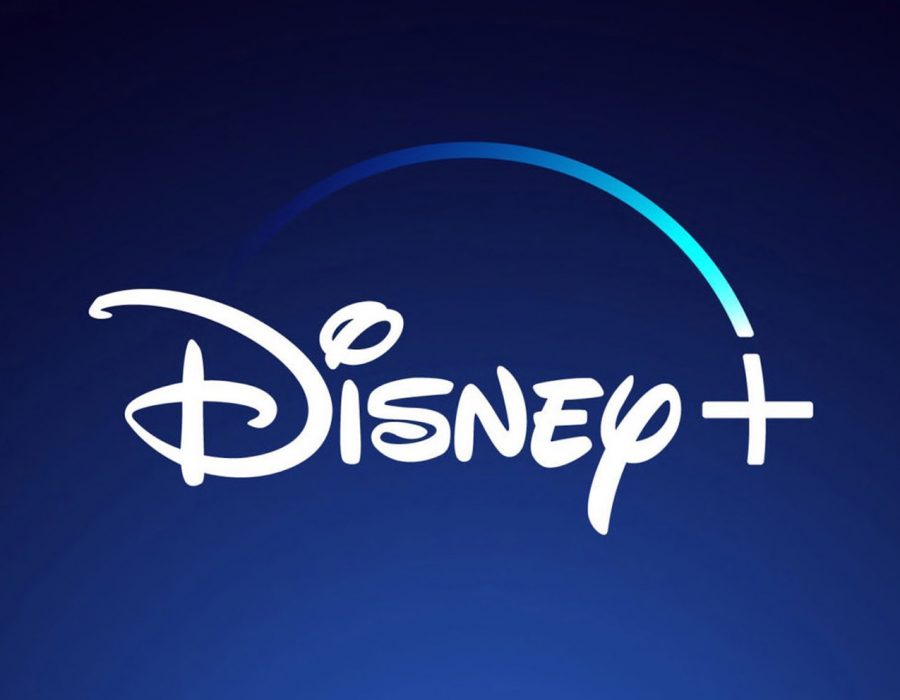We are still losing with streaming services
Opinion Columnist Taylor Lien discusses the dangers of relying on streaming services to archive and release content in its original form.
Nov 18, 2019
Disney+ launched this past Tuesday to much fanfare. On my social media timelines, there were so many who were watching the media of their childhood. For those of us born in the 90s or later, Disney+ has a whole host of titles that we grew up on. From Disney Channel Original Movie classics like “Smart House” and “The Thirteenth Year” to television series like “Lizzie McGuire” and “Hannah Montana,” to name a few.
I’ll admit that I was also caught up in the excitement of all of the things that would be available to stream on the service. Nostalgia is very powerful and I am far from immune. Yet, something to consider when discussing television and film streaming services is the way that these services are not designed to prioritize films or television shows for the sake of historical or archival record.
In my previous piece regarding the likely competition between the upcoming HBO Max and Disney+, I briefly touched on their attempts to prioritize their older films on their respective services. While I still believe this is true to an extent, as consumers, it is important to keep in mind that these are international corporations that do not center us or even what is best for the entertainment industry as a whole.
Streaming allows easy access to more titles than many of us will have time to watch in their entirety, but what about the titles that are not deemed worthy or appropriate of being on a streaming service? When the service is operated by the owner of the content in the vein of Disney+, or CBS All Access, it is important to consider the implications of the fact that they can self-censor their own content. This means that in doing so, they can restrict access to content that may now or in the future be considered tasteless or otherwise harmful.
It is important to note that several of Disney’s earliest animated titles with harmful stereotypes are presented with disclaimers before the films, but there is little to say that these movies could not one day be edited to exclude these elements. While it is unfortunate these things were ever acceptable in media, being able to study the way that these ideas spread through mass media is important to the future direction of media.
It is within the near future that many people may not watch something if it is not present on a streaming service. Whether or not a title appears on a streaming service has quickly been equated to its value as a piece of media and that feels like a dangerous path to walk down. This prioritizes the television and films that have been deemed important by both media corporations and mass culture as most relevant and important.
Except, I believe that not every piece of media that has cultural value will have the wide appeal that is seemingly necessary in order to be present on streaming services. Disney has said as a part of their marketing for Disney+ that “the vault is wide open,” but it is important to consider what is still being left in the vault.
I am speaking in particular about the fact that Disney, since its acquisition of Fox in late 2018, began putting classic 20th Century Fox movies into its vault. This includes titles like the “Home Alone” franchise, “Moulin Rouge,” “The Sound of Music,” “Miracle on 34th Street” and many more. For these films, being in the vault means that they are not available for distribution outside of the channels which Disney specifies. This can be limited to theatrical distribution, but can and often includes digital sales and more.
This move hurts small repertory theaters that, much of the time, show independent and classic films. It means that they will no longer be able to seasonally show these and many other Fox and Disney titles, which provides a steady revenue for those theaters. The reporting on this has been very scarce and that does not feel unintentional. A recent Vulture article by Matt Zoller Seitz is one of the few major headlines I have seen regarding these changes and I heard about it only through a YouTube video. Disney’s vault may be “open,” but it seems Fox’s vault, or at least the things that Disney now controls, is quickly closing.
The media we consume on a daily basis comes from entertainment corporations. This is a fact. Whether or not we hold those corporations to the standards that we have set for businesses to operate within in this country is a choice. Streaming overall has a great number of benefits, but if we allow those benefits to overshadow any possible negative ramifications, we do a dangerous disservice to an industry that has its roots deep within American culture.








